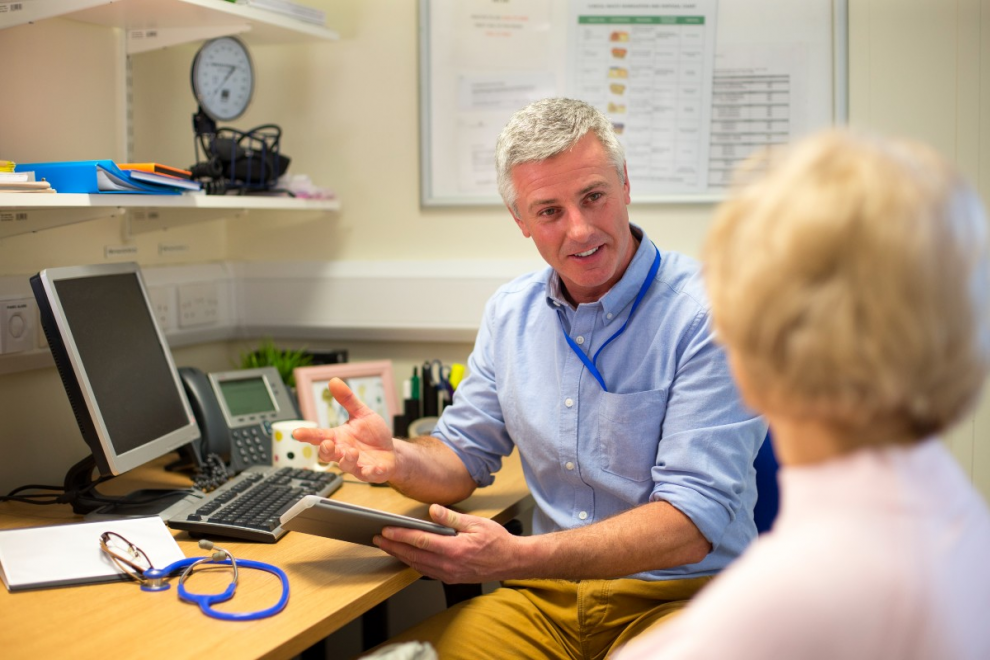Patients visiting general practitioner (GP) practises in Wrexham were informed around this time last year that they had “a long way to go before they get what they deserve.”
A year on and a significant amount of work later and Betsi Cadwaldar, who issued the warning to residents in Wrexham, are hoping that patients have noticed a positive shift in the service.
Borras, Hillcrest, and Forge Road are the three medical practises that are under dispute here.
It had been brought to people’s attention that the availability of general practitioners (GPs) and the over-the-phone services at the surgeries were causing problems.
Betsi explains that over the course of the past year, they have put in a lot of effort to attract additional professionals, which includes two general practitioners and four advanced nurse practitioners.
They have also hired additional practise nurses and have obtained longer-term commitments from our usual sessional doctors for procedures in order to provide patients with continuity and familiarity.
In addition to this, a GP Workforce and Recruitment Plan will be developed as part of an effort to recruit additional general practitioners (GPs) to the region.
This year, the Health Board has taken steps to improve Hillcrest’s telephone services, which appeared to be a significant obstacle for patients who attempted to get in touch with the facility.
Patients who call in to make an appointment now have an average wait time of less than two minutes.
The Health Board is up against a dilemma that affects the whole of the UK in terms of increasing GP accessibility. Despite the recent increase in pay, a GP in Wrexham warns that there is “still a long way to go.”
The training that receptionists get enables them to properly direct patients to the relevant resources.
This strategy frees up more staff time to assist patients who arrive with more complicated and long-term conditions, hence reducing the strain on secondary care facilities.
The Urgent Primary Care Centre (UPCC), which continues to serve GP surgeries across Wrexham and Flintshire, is one of the measures that Betsi implemented in her final round of legislation.
The Urgent Primary Care Collaborative (UPCC) contributes by offering consultations to patients who have pressing health concerns on the same day. This helps the practise generate capacity for patients who have more complicated and long-term diseases.
Betsi have high hopes that the patients would respond well to the new methods.
Deputy Chief Executive Officer and Executive Director of Integrated Clinical Services Gill Harris made the following statement: “We acknowledge that all GP surgeries are still under pressure and there are patients who have found it difficult to get an appointment, but we will continue to make improvements and the staff are working extremely hard to manage the current unprecedented levels of demand for appointments.
“There are many different healthcare professionals working within our GP surgeries who are highly capable of providing appropriate support, and we encourage patients who are offered these appointments to please attend them.
“Many patients do like the flexibility of phone and video consultations, but we understand that doesn’t suit everyone and we are working hard to get the balance right.”

















